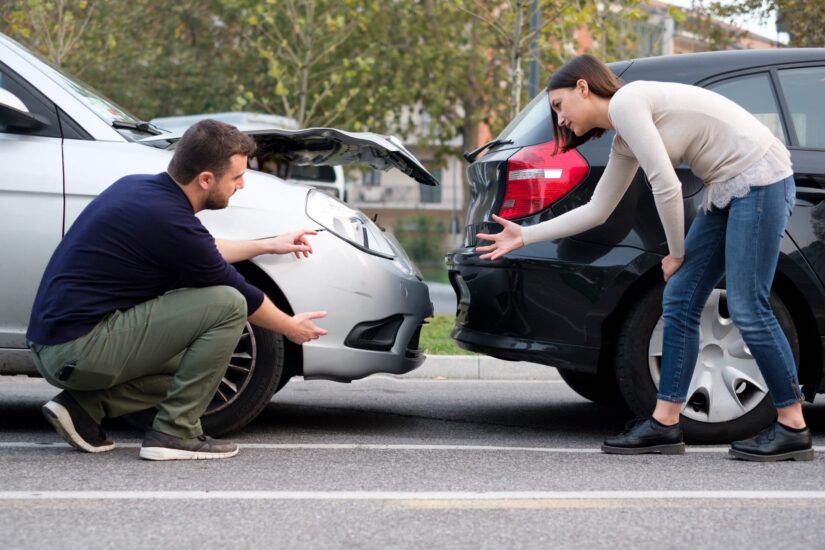Average settlement for rear end collision in Florida
March 20, 2024

Determining the average settlement for rear-end collisions in Florida involves a multifaceted approach, as settlements can vary significantly based on the specifics of each case. The factors that influence the settlement amount include the extent of the damage to the vehicle, the severity of any injuries sustained, medical expenses incurred, lost wages, and the impact on the victim’s quality of life.
Understanding the average settlement amount for rear-end collisions in Florida requires insight into the state’s legal framework, particularly the comparative negligence rule, which adjusts compensation based on the injured party’s share of fault. Legal professionals with experience in Florida’s traffic laws and personal injury claims are best equipped to provide an accurate assessment of any particular rear-end collision claim.
Typically, rear-end collision settlements in Florida consider all compensatory damages, potentially including punitive damages in cases where the at-fault party’s actions were particularly reckless.
Understanding Rear End Collisions and Settlements in Florida
This section provides a detailed look at rear end collisions, their causes, the factors that affect settlement amounts, and the financial compensation typically expected in Florida.
Explanation of Rear End Collisions and their Causes
Rear end collisions occur when a vehicle crashes into the one in front of it. In Florida, common causes include driver inattention, tailgating, and sudden stops. Environmental factors, such as wet roads or reduced visibility, can also contribute. Mechanical failures like brake malfunctions may lead to such accidents.
Factors Influencing Average Settlement Amounts
The average settlement amount for rear-end collisions in Florida is influenced by a range of variables. These include:
- Liability: Determining who is at fault influences compensation.
- Injury severity: More serious injuries typically result in higher settlements.
- Insurance coverage: Policies dictate compensation limits.
- Legal representation: An experienced attorney may secure better settlements.
Both economic and non-economic damages are considered for compensation calculation.
Typical Financial Compensations
Financial compensations in Florida for rear end collisions cover various losses. These are commonly grouped in:
- Medical expenses: Costs for immediate and ongoing medical care.
- Lost wages: Income lost due to the inability to work post-accident.
- Property damage: Repair or replacement costs for the vehicle damaged.
- Pain and suffering: Compensation for physical and emotional distress.
Navigating Legal Processes with Professional Assistance
Professional legal assistance can significantly affect the outcome of a rear-end collision case in Florida.
Overview of the Legal Process in Florida
In Florida, the legal process following a rear-end collision involves several steps. Firstly, initial documentation is vital; this includes police reports and medical records. The settlement process may involve negotiations, and if these are unsuccessful, the case may escalate to a lawsuit, leading to pre-trial procedures, discovery phases, and possible trial.
Role of Legal Representation in Securing Fair Compensation
Securing the services of a competent attorney is crucial for victims of rear-end collisions in Florida. Legal professionals can advocate for the client’s interests, Negotiate with insurance companies, amass evidence to build a strong case, navigate complex legal procedures, maximize compensation for damages, medical bills, lost wages, and suffering.
Services Offered by Lewis & Castagliola, P.A.
Lewis & Castagliola, P.A., a reputable law firm, offers a range of services for rear-end collision cases. They provide:
- Case Evaluation: Establishing the viability of the case.
- Legal Strategy: Crafting a tailored approach to litigation or settlement.
- Representation: Standing for clients in court or negotiation settings.
- Communication: Serving as a liaison between all parties involved.
After a rear-end collision, it is imperative to:
- Gather evidence and document the accident scene.
- Seek immediate medical attention.
- Report the incident to insurance promptly.
- Consult with an attorney to protect your rights and navigate the claim.
The car accident lawyers at Lewis & Castagliola is equipped to guide clients every step of the way, ensuring they are well-represented and informed throughout the legal process.
